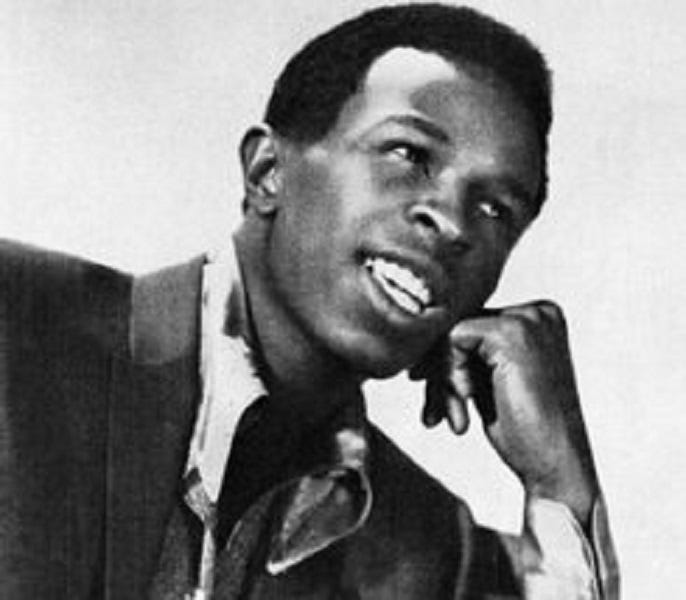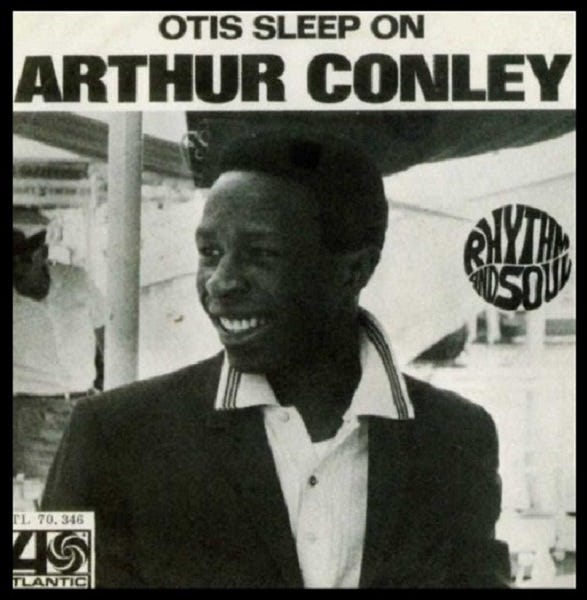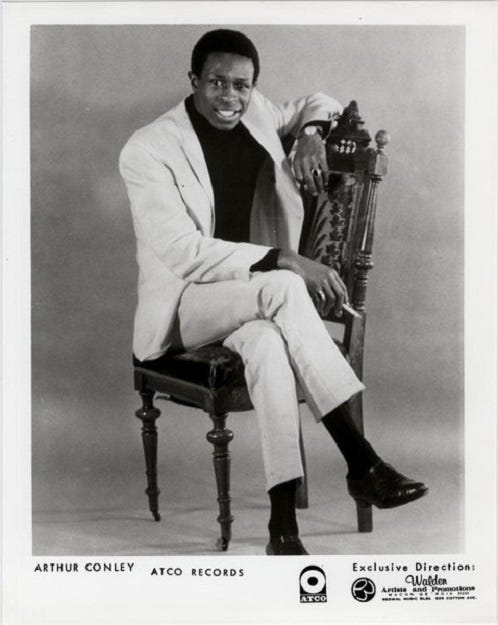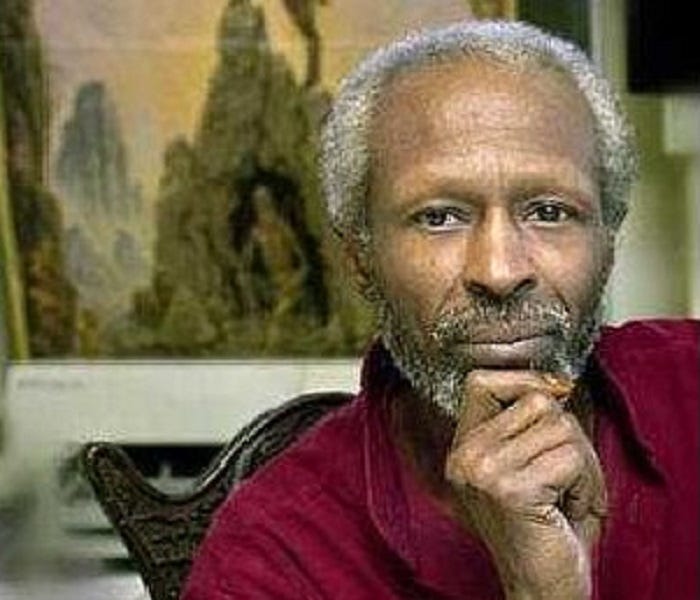Arthur Conley (January 4, 1946 – November 17, 2003) – Otis Sleep On (1968)
This beautiful tribute to Conley's mentor Otis Redding was written after the great soul singer's death in a plane crash in late 1967.
View most updated version of this post on Substack
Search our full archives
Arthur Conley was Otis Redding’s protégé and a phenomenal soul singer in his own right.
See our earlier post on Conley for more on his musical career.
After his mentor Otis Redding’s tragic death in a plane crash on December 10, 1967, Conley wrote a beautiful tribute song to honor his memory.
“Otis Sleep On” (h/t @Detroit67Book) was released as the B-side to his cover of the Beatles’ recent song “Ob-La-Di, Ob-La-Da,” which featured Duane Allman on guitar. The single reached #41 R&B and #51 on the Billboard Hot 100.
Later in 1968, Conley released the aptly titled “Funky Street” b/w “Put Our Love Together,” which hit #5 R&B and #14 on the Hot 100.
See the excellent 2023 post by
on how the struggles Conley faced as a closeted gay man in the sixties and seventies impacted his career:Many of the half-dozen singles he released during 1968 were collected later that year on Conley’s full-length album Soul Directions on Atlantic subsidiary ATCO Records, including the heartfelt “Love Comes and Goes,” co-written by Redding. In 1970, Conley released another single on ATCO that Redding solely wrote, the very funky jam “Nobody's Fault But Mine.” It was produced by Brad Shapiro and Dave Crawford.
That same year he released the laid back, gospel-flavored jam “(Your Love Has Brought Me) A Mighty Long Way,” the B-side to “God Bless.” Co-written by Jackie Avery, Earl Simmons, and Carlton McWilliams, it was produced by future Allman Brothers Band producer Johnny Sandlin.
In 1971, Conley collaborated with the great Clarence Carter who produced his upbeat single “I'm Living Good.” The following year, he connected with producer Jerry Williams Jr., aka Swamp Dogg, who produced his heartfelt jam “Walking On Eggs” (1972) for Capricorn Records. He produced several more singles for Conley over the next few years. Their final collaboration was on “Stop Knockin’” b/w the superb message song “Do We Need a Change,” released in 1975.
In the mid-seventies, Conley left the U.S. music industry behind. He moved to the Netherlands where he changed his name to Lee Roberts and started his life over in relative obscurity. Interviewed in 2000, he explained why he did it:
“When Otis left me, everything fell apart. My management did their best. Everyone was like "Arthur, you are the king of soul, you have to take Otis' place." I didn't really grasp what that meant. I was too young. I felt they were only using me for who I was in order to fulfill their shows. I felt very uncomfortable. So eventually I just went on my way. I started all over. … I just wanted to go back to my youth, painting and going to cafes without being recognized. … I loved getting a new name. I felt good, nobody knew who I was. So I put Arthur Conley to rest, to sleep.”
Happy Heavenly Birthday to the late great Arthur Conley.
Further info:
“Interview with Arthur Conley,” by Melissa Limoncella, Vice, November 30, 2000.
“Arthur Conley, Singer of 'Sweet Soul Music',” obituary, The Independent (UK), November 18, 2003.
“Arthur Conley, 57, Soul Singer in the 60's,” obituary, The New York Times, November 19, 2003.
“The Mysterious Case of Arthur Conley, Otis Redding's Protege,” Fresh Air, NPR, October 28, 2014.
“Arthur Conley - 'Sweet Soul Music': On Disappearing Completely,” by Jami Smith, Songs That Saved My Life, August 17, 2023.
#soul #funk #OtisRedding #ArthurConley









Beautiful tribute, thank you. I adore Arthur Conley and also wrote about him recently. What an immense talent who seemed to not have trustworthy people taking care of him after losing his mentor in Redding. His struggle with his sexuality was also a factor in disappearing and changing his name. He deserved better.